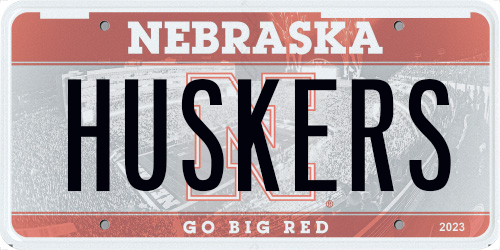Drivers of farm covered vehicles now exempt from Commercial Driver's License Requirements.
Legislative Bill 983 was signed into Nebraska law by Governor Heineman on March 29, 2014 and became effective March 30, 2014. Among the provisions of LB 983 was the implementation of Federal MAP 21 legislation regarding drivers of Covered Farm Vehicles.
Covered Farm Vehicle means a motor vehicle, including an articulated motor vehicle that:
- Is operated by a farm/ranch owner or operator, or an employee or a family member of the farmer or rancher.
- Transports agricultural commodities, livestock or machinery or supplies to and from a farm or ranch.
- Is equipped with a special license plate or other designation by the state in which the vehicle is registered to allow for the identification of the vehicle as a farm vehicle by law enforcement.
Covered Farm Vehicle does NOT include:
- Vehicles for hire.
- A combination of truck-tractor and semitrailer which is operated by a person under eighteen years of age.
- A combination of truck-tractor and semitrailer transporting hazardous materials in quantities requiring placarding.
Where can covered farm vehicles be operated?
- 26,000 pounds or less – anywhere in Nebraska and in any other state.
- 26,001 pounds or more – anywhere in Nebraska
- 26,001 pounds or more – may cross state lines, provided it is operated within 150 miles of the farm/ranch’s operation.
If you plan to travel in other states using the covered farm exemption, be sure that you know what regulations apply in those states:
- Wyoming Department of Transportation - 307.777.4375
- Missouri State Patrol Commercial Vehicle Enforcement - 573.526.6128
- South Dakota Motor Carrier Headquarters - 605.773.4578
- Iowa Department of Transportation - 800.925.6469
- Kansas Transportation Division - 785.271.3145















 Covered Farm Vehicle
Covered Farm Vehicle Powered by
Powered by